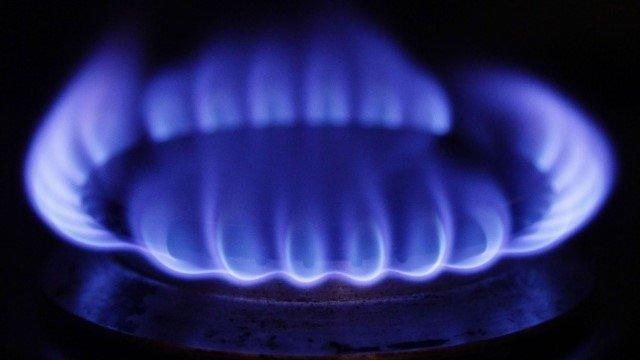Ofgem to investigate 'forcibly installed' pre-pay meters
- Published
Philip Cullum, Ofgem: Companies "obliged" to help customers in debt
More than half a million pre-payment energy meters have been forcibly installed in people's homes over the last six years, according to figures obtained by BBC Radio 5 live.
Ofgem said it would investigate after the figures - for England, Scotland and Wales - were released.
Energy suppliers can gain a court order to install a pre-pay meter when customers run up debt.
Industry body Energy UK said pre-paying helped some people manage a budget.
But Citizens Advice said pre-pay customers got a "raw deal", paying £80 a year more on average than direct debit customers.
'People become trapped'
Energy watchdog Ofgem said it would be "looking into reasons behind the increase in the number of PPMs installed for non-payment of debt on a warrant visit".
"Suppliers can only install a pre-payment meter where it is safe and reasonably practical for the consumer to use," a spokesman said.
Philip Cullum, head of Ofgem's consumer team, told BBC Breakfast that the body had clear guidelines on the issue and wanted to reassure consumers in debt that companies are "obliged to help them and negotiate what's a fair rate of repayment".
Audrey Gallacher of Citizens Advice, which has an online guide to the meters, external, described the figures as "concerning", but "not a big surprise", and said that an increasing number of people had contacted the organisation complaining of problems with the devices.
"Pre-payment meter customers can't take advantage of the competitive energy market," she added. "Many people become trapped on them and can't get a better deal."

'We need to eat and keep warm'
Kaylee Abbott said her supplier went to court to have the meter installed
Kaylee Abbott is a single mum who lives in Stokesley, North Yorkshire, with her four-year-old daughter Lydia. She lives on benefits, and got herself in debt of about £700 on her energy bills.
She has recently had two pre-payment meters fitted under court warrant, and around £4 will be taken from both the gas and electricity meter each week when she tops it up, to help pay off her debt.
"In a way, I'm glad it's been fitted because it is paying my debt off, but in another way I'm thinking, what do I put on first, what's going to run out first?" she said.
"I need electricity for Lydia to watch telly and then gas to cook and to eat and to keep us warm. It's a nightmare. I just want it paid off so I'm better off and when I'm topping it up it's all mine and I'm not running out as quick."
Brian Jackson, director for credit and collection for British Gas, said: "When we go through a warrant process, as we did with Kaylee, it's after we've exhausted all of those other avenues to provide support that really helps keep customers on track."

Energy UK, the umbrella body for energy suppliers, said suppliers only installed pre-payment meters with a court warrant "as a last resort to help customers manage their debt".
Chief executive Lawrence Slade said they were not always the most expensive form of payment and that prices had come down over recent years.
Speaking to BBC Radio 4's Today programme, he added: "As an industry, we're doing more every day to try and improve that and to bring in different options for customers in those circumstances."
He said the meters could help people manage their energy use, saying: "People will often ask for a pre-payment meter voluntarily because they like the fact it gives them more control over their consumption."

Why are pre-pay meters imposed on some customers?
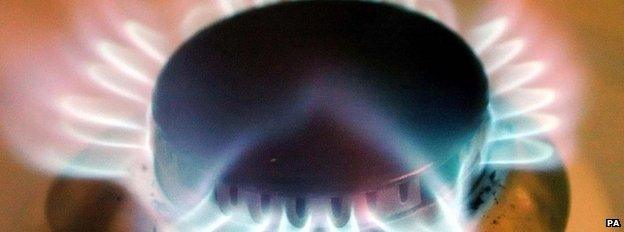
Energy UK, the trade body which represents energy suppliers, says the meters are only forcibly installed as a last resort. The energy regulator Ofgem does not define exactly what "last resort" means but says companies must communicate with customers to try to arrange payment before a pre-payment meter is imposed.

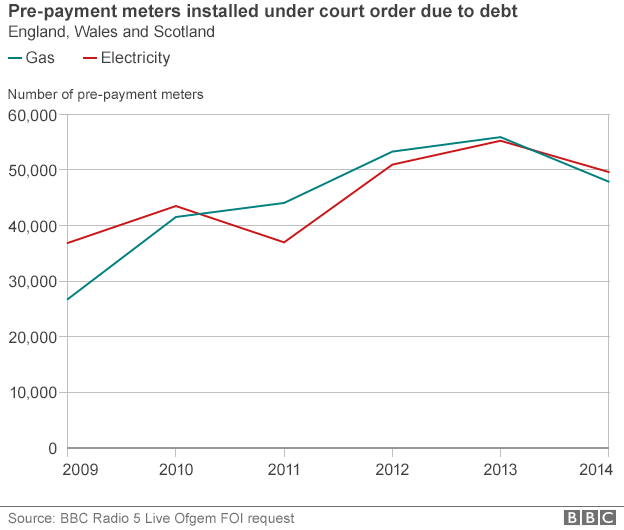
The figures, supplied by Ofgem in response to a Freedom of Information request. showed about 97,000 pre-pay gas and electricity meters were installed in England, Wales and Scotland last year alone.
In 2009, the first year figures were made available for, there were 36,837 electricity pre-payment meters and 26,711 gas meters installed - a combined total of just over 63,000.
In 2014, the figure had risen to 49,615 for electricity and 47,876 gas - totalling about 97,000.
The numbers were highest in 2013, when a combined total of about 111,000 pre-payment meters were installed.
A Department of Energy and Climate Change spokesman said: "This government's priority is to keep bills low for Britain's families and businesses. To do this we will continue our reform of the energy market, which has seen the number of independent small suppliers increase and bills fall.
"Energy suppliers need to do all they can to support their customers who are most vulnerable. We want to understand the reasons behind this increase, so look forward to any future insight Ofgem can offer."
- Published2 February 2015
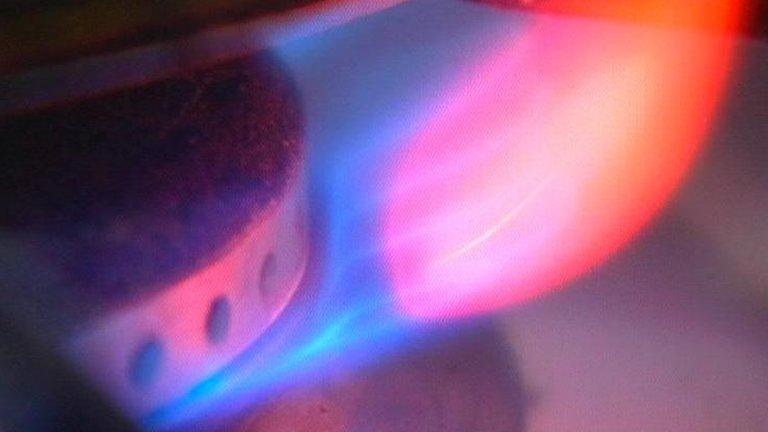
- Published26 May 2015
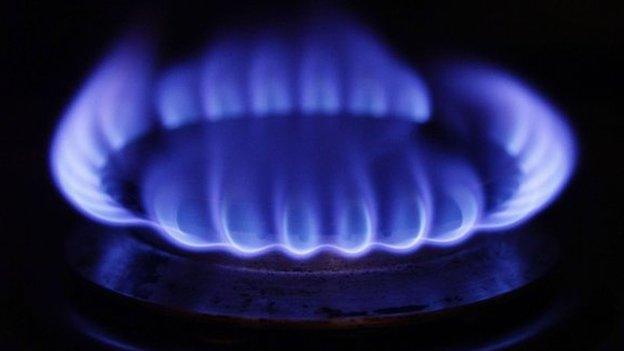
- Published28 April 2014
